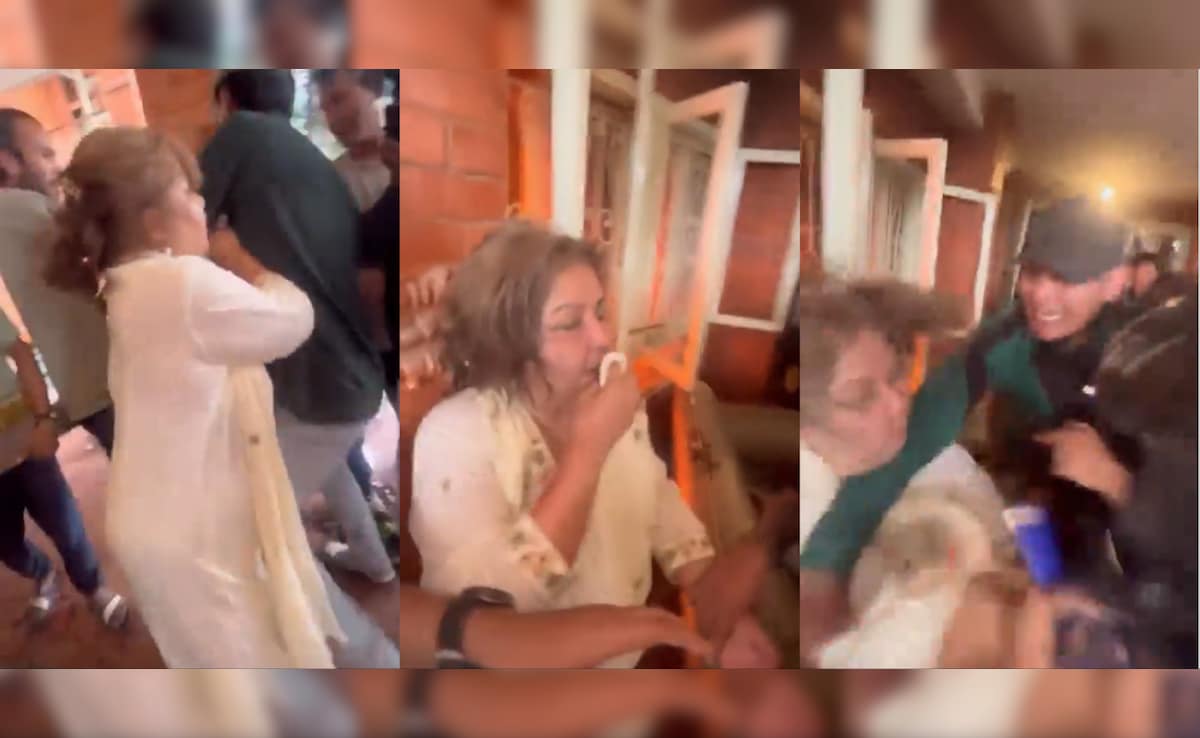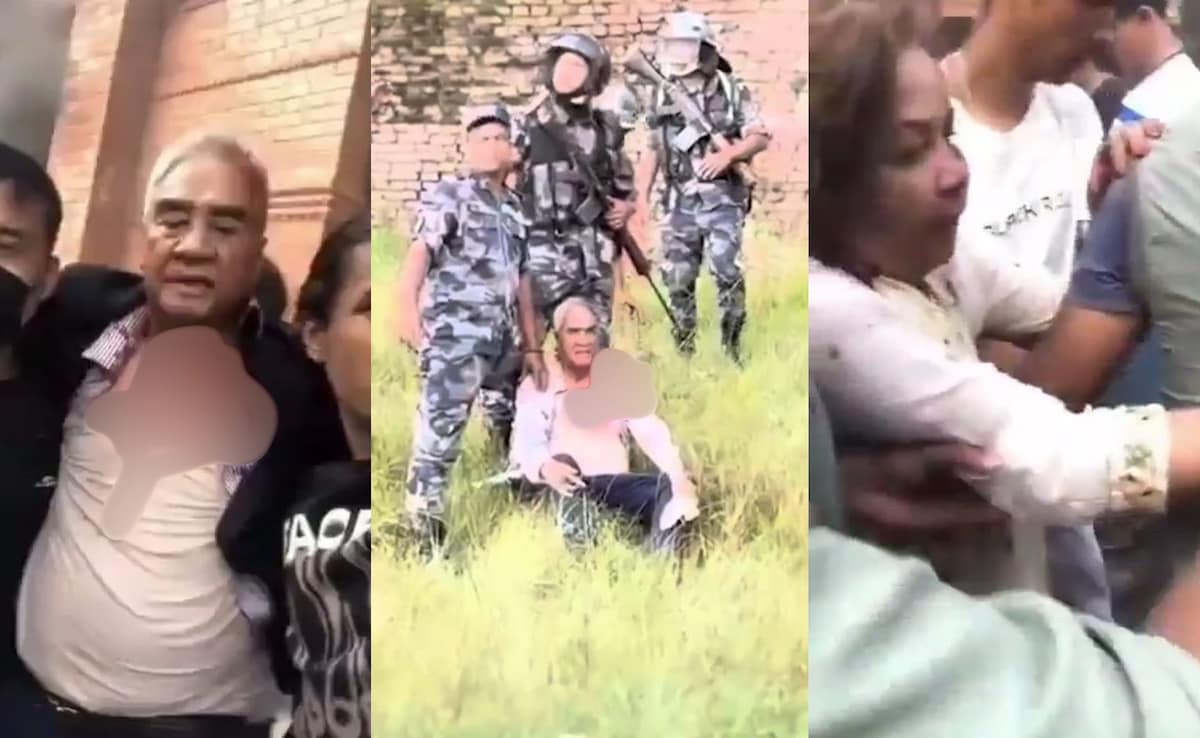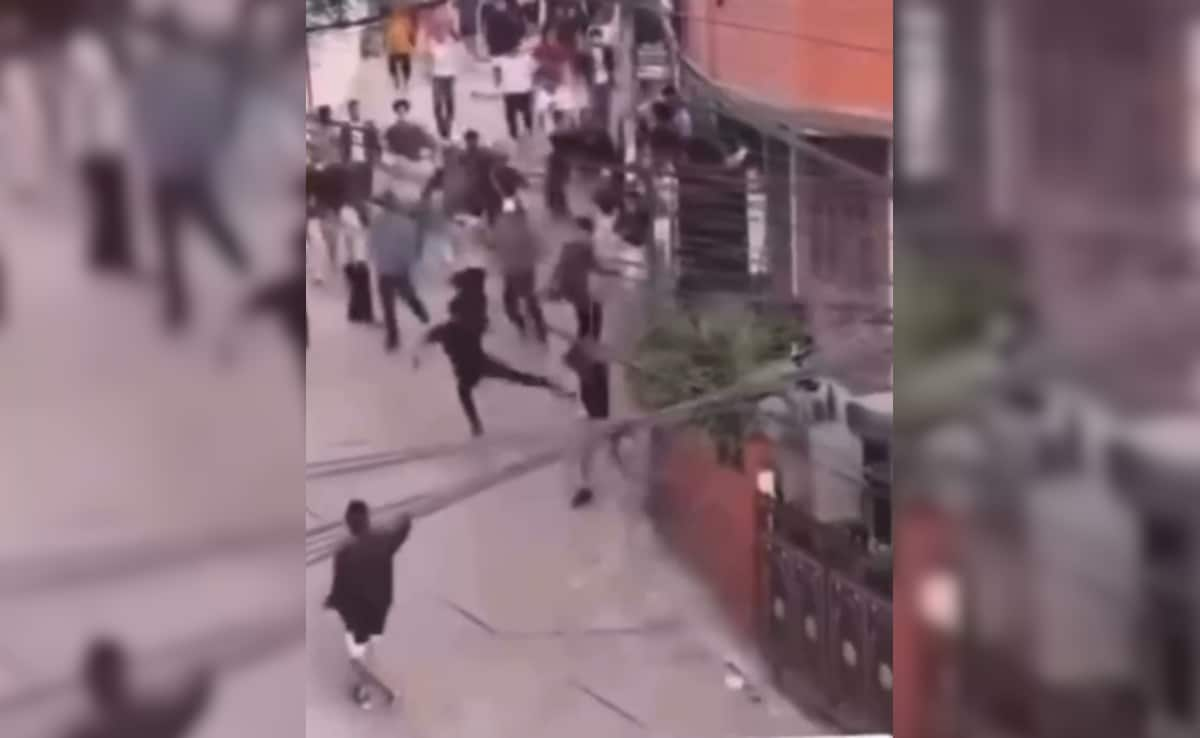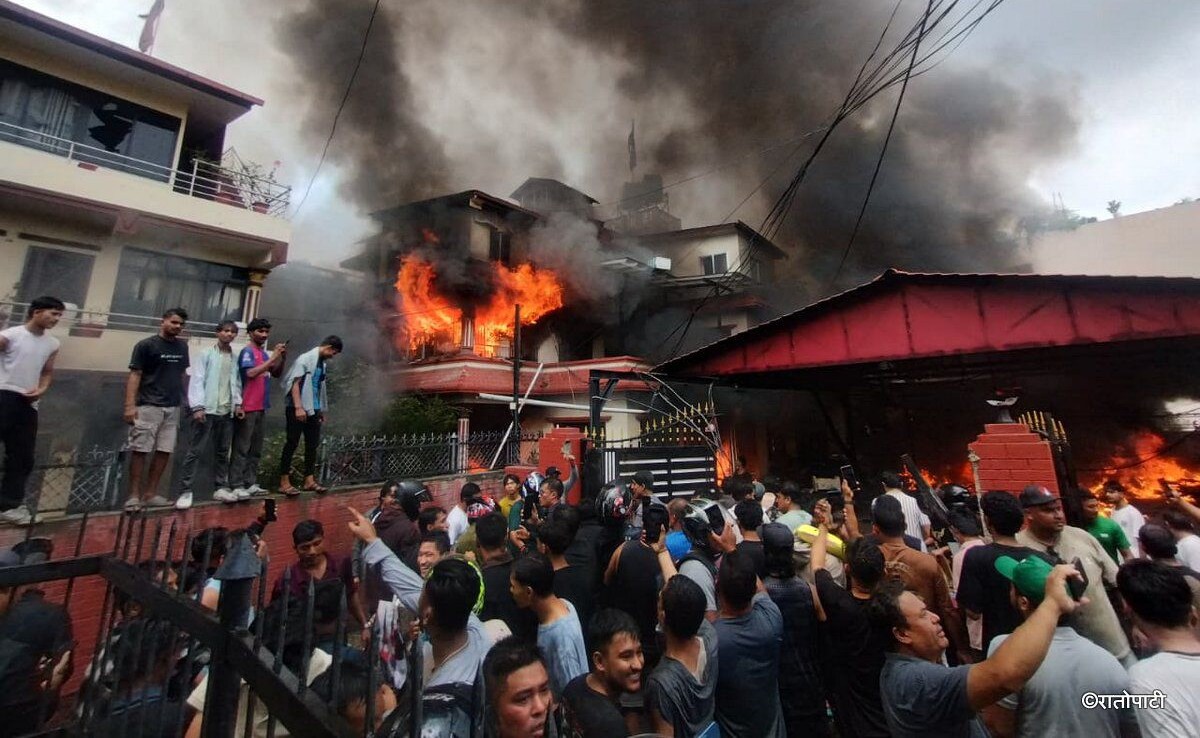âPolitics needs this, in order to put common needs ahead of private interests,â Francis said after arriving in Athens on Saturday. âYet we cannot avoid noting with concern how today, and not only in Europe, we are witnessing a retreat from democracy.â
Francis, who lived through Argentinaâs populist Peronist era as well as its military dictatorship, has frequently warned about the threat of authoritarianism and populism and the danger it poses to the European Union and democracy itself.
He did not name any specific countries or leaders during his speech. The EU, however, is locked in a feud with members Poland and Hungary over rule-of-law issues, with Warsaw insisting that Polish law takes precedence over EU policies and regulations.
Outside the bloc, populist leaders in Brazil and the administration of former U.S. President Donald Trump pressed nationalist policies on the environment that contrasted sharply with Francisâ call to care for âour common home.â
Opening the second leg of his five-day trip to Cyprus and Greece, Francis recalled that it was in Greece, according to Aristotle, that man became conscious of being a political animal and a member of a community of fellow citizens.
âHere, democracy was born,â Francis told Greek President Katerina Sakellaropoulou. âThat cradle, thousands of years later, was to become a house, a great house of democratic peoples. I am speaking of the European Union and the dream of peace and fraternity that it represents for so many peoples.â
That dream is at risk amid the economic upheaval and other disruptions of the pandemic that can breed nationalist sentiments and make authoritarianism seem âcompelling and populismâs easy answers appear attractive,â Francis said.
âThe remedy is not to be found in an obsessive quest for popularity, in a thirst for visibility, in a flurry of unrealisitic promises...but in good politics,â he said.
Francisâ visit to Cyprus and Greece also has focused on the plight of migrants as Europe hardens its border control policies. He is scheduled to travel Sunday to the Aegean Sea island of Lesbos, where he visited five years ago to meet with migrants at a detention camp.
In Athens, Francis is also meeting Greek Prime Minister Kyriakos Mitsotakis and the leader of Greeceâs Orthodox Church, Archbishop Ieronymos.
In 2001, Pope John Paul II became the first Catholic leader to visit Greece in more than 1,200 years and Francisâ visit 20 years later is expected to further Catholic-Orthodox ties, still wounded by the Great Schism that divided Christianity.
Francis has accelerated inter-faith initiatives, as the two churches attempt to shift from centuries of competition and mistrust toward collaboration.
Francis invited Orthodox Christian and other religious leaders to the Vatican in October to sign a climate declaration. Supporters of greater Vatican-Orthodox cooperation argue that it could assist beleaguered Christian communities in the Middle East and North Africa.
Orthodox churches are also seeking alliances amid a deepening dispute over the independence of the Ukrainian church, which was historically governed by the Russian Orthodox Church.
âI think the presence of the pope in Greece and Cyprus signals a return to the normal relationship that we should have ... so that we can move toward what is most important of all: the unity of the Christian world,â Ioannis Panagiotopoulos, an associate professor of divinity and church history at Athens University, told The Associated Press.
âSo this trip is very significant, and it means we can have a real discussion about the major issues, like migration,â Panagiotopoulos said.
Up to 4,000 police officers were readied for duty in Athens for the popeâs visit, and authorities banned protests and large public gatherings in parts of central Athens over the weekend.
The popeâs visit ends Monday.
___
Theodora Tongas in Athens contributed. ___ Follow Winfield at https://twitter.com/nwinfield and Gatopoulos at https://twitter.com/dgatopoulos
.png)











 English (United States) ·
English (United States) ·  Turkish (Turkey) ·
Turkish (Turkey) ·